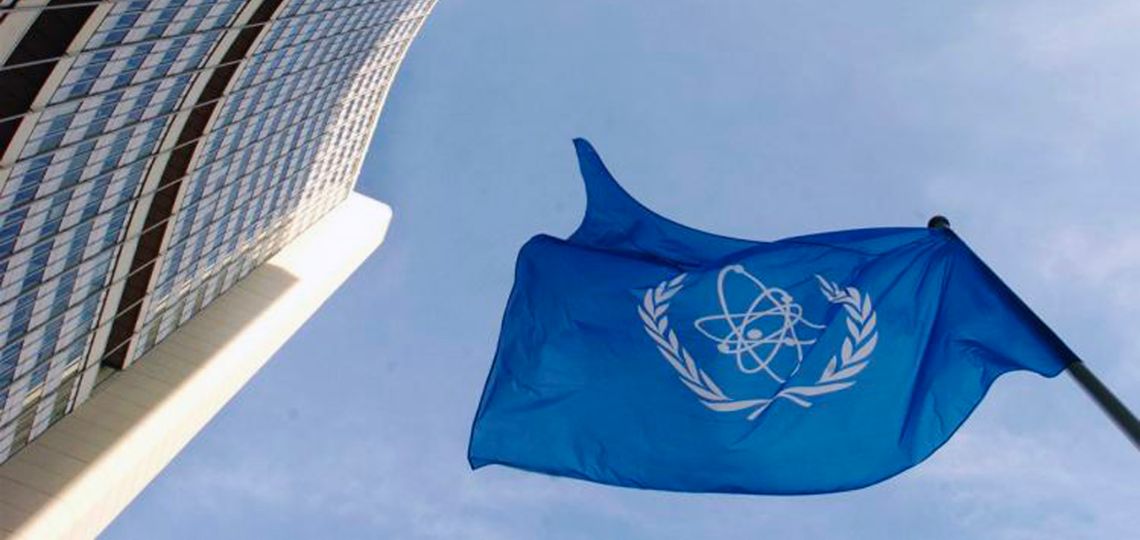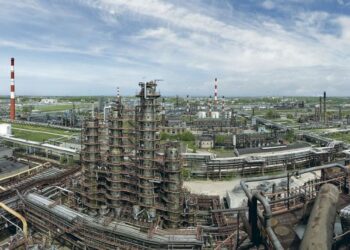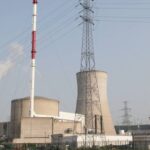The IAEA is developing a new project in quantum technology: the use of gas pedals to implant single atoms. A complex technology with potential applications in the medical field. It could, for example, detect malaria, the scourge of southern countries.
The IAEA wants to take up the challenge of ion implantation
Quantum technology has enabled many applications such as lasers, renewable energies or artificial intelligence. However, a second revolution is coming. This is a challenge that the IAEA is serious about meeting.
In the field of quantum technology, gas pedals have been used for a decade to modify and characterize materials. For example, they are very useful in the manufacture of semiconductors present in all our connected objects. Indeed, these allow the implantation of ions to boost their conductivity.
However, the IAEA is not interested in semiconductors, but in quantum technology. This allows an object to be in two states at the same time. Concretely, in the quantum world, a door can be both open and closed.
Thus, there is a major difference between the use of gas pedals for semiconductors and in quantum technology. Andrew Bettiol, associate professor at the National University of Singapore, explains:
“For semiconductors, a large number of ions are implanted to change the electrical properties of silicon, for example. For quantum technologies, we have a very different goal. We want to control the ions at the single ion level. We are not implanting millions or billions of ions; we are implanting exactly one ion.”
It is this challenge of unique ion implantation that the IAEA intends to meet. A complex system that nevertheless has considerable applications in quantum biosensing.
Quantum biosensing to prevent malaria
Scientists discovered nuclear magnetic resonance in 1938. However, it took 30 years for this discovery to find its best known application: MRI imaging. Now, with quantum biosensing, IAEA scientists don’t intend to wait that long.
To understand them, we must address a key concept: that of superposition. This refers to a system that exists in a combination of possible states rather than in a single state. However, this feature is extremely fragile. When a quantum system in superposition interacts in any way with its environment, it collapses.
However, the quantum detection developed by IAEA takes this weakness and turns it into an advantage. If the overlay can be disrupted by a single molecule then it can be turned into a sensor to monitor individual particles.
From then on, it is enough to implant an ion and observe its effect on the superposition. We can therefore track unprecedented biological events with extraordinary precision, as Andrew Bettiol points out:
“This quantum biosensing technique could be applied to visualize or measure processes that operate at the cellular level and have a very small magnetic field, such as the magnetic fields that are produced when neurons operate in our brains.”
IAEA research is currently focused on malaria detection:
“Red blood cells that have been infected with malaria contain tiny magnetic particles that can be detected.”
Sharing knowledge
This technology can therefore prevent diseases that still too often affect the countries of the South. In May 2021, IAEA hosted a four-day training workshop on materials engineering using ion beams.
Aliz Simon, a nuclear physicist working on gas pedals at the IAEA, confirms this desire to share knowledge:
“The IAEA has been at the forefront of coordinating international collaboration, research and development in quantum technologies aligned with national and international initiatives.”
More than 80 participants, half of them from developing countries, attended this virtual workshop.











